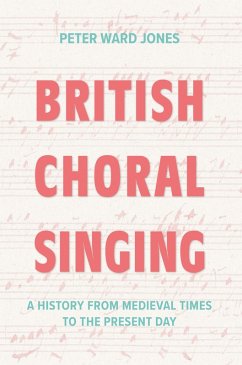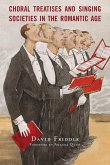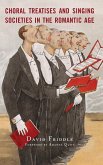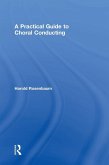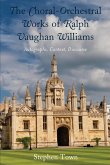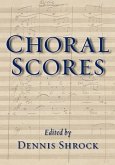Charts choral traditions in Britain, evolution, sociological composition, engagement with and place within cathedrals and secular spaces. Choirs are living organisms and ever changing. This book tells the story of British choral singing (not choral music) and deals with both sacred and secular choirs and institutions from the medieval era through to the Covid pandemic and its aftermath. A series of different choral traditions has emerged over the centuries. The oldest is that of the all-male cathedral choir, while the secular choral society evolved from the eighteenth century onwards. Although there are many histories of individual cathedrals and choral societies, this is the first general history of British choral traditions. While English matters predominate, those of Scotland, Wales and Ireland are also considered. Even though British choral traditions have penetrated many parts of the world, there has also been much cross-fertilization of late with the rich choral cultures of other nations in Europe and beyond. Choral singing inevitably involved matters of social class, and a much more nuanced story is told here than the current view of choirs as being a largely middle-class phenomenon might suggest. Scholarly in method while highly readable, the book offers invaluable background to choral practitioners. When choral activity is reviving healthily after the Covid 19 pandemic, such a volume appears timely, reminding the reader of the essentially communal and social nature of the choral experience.
Bitte wählen Sie Ihr Anliegen aus.
Rechnungen
Retourenschein anfordern
Bestellstatus
Storno

